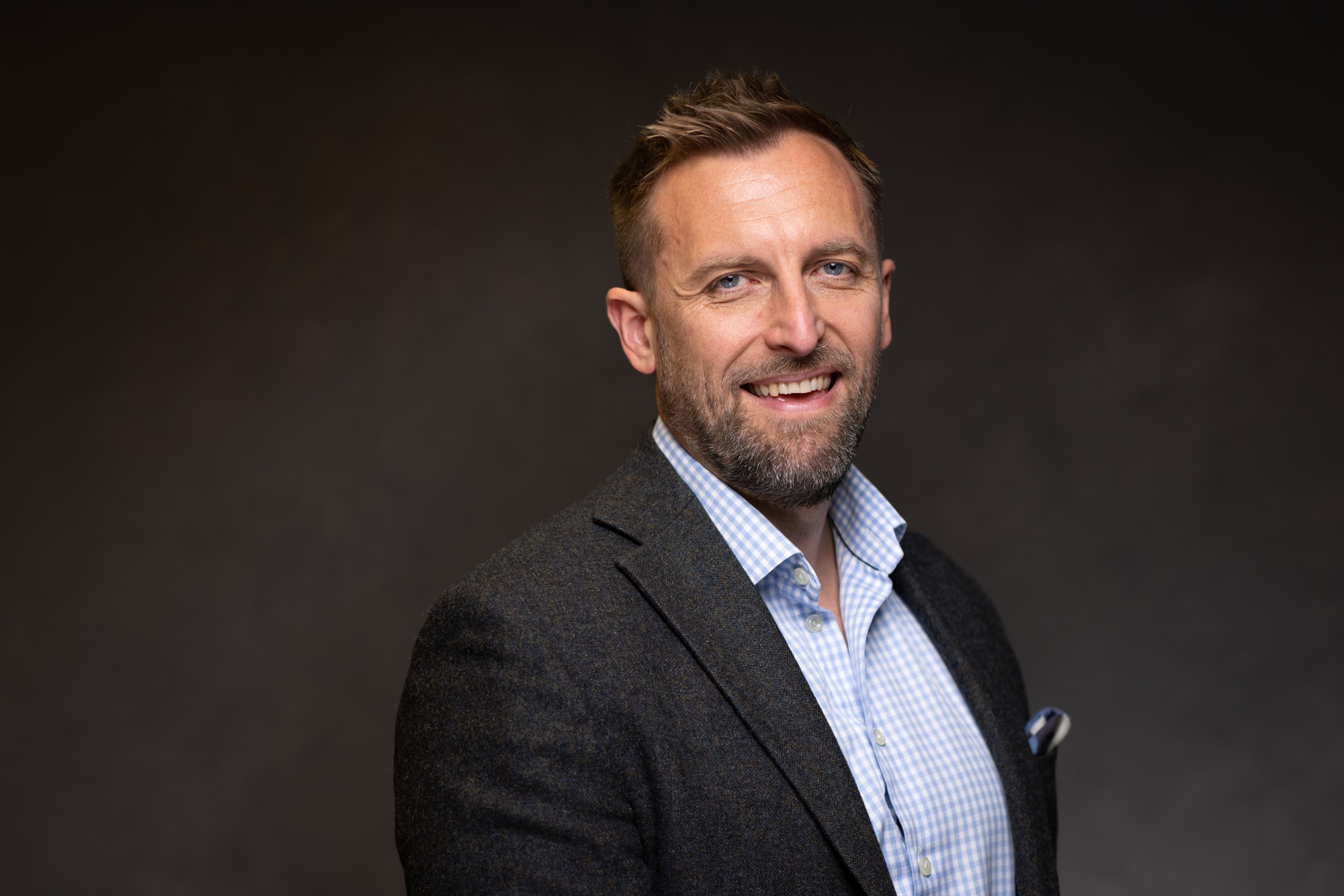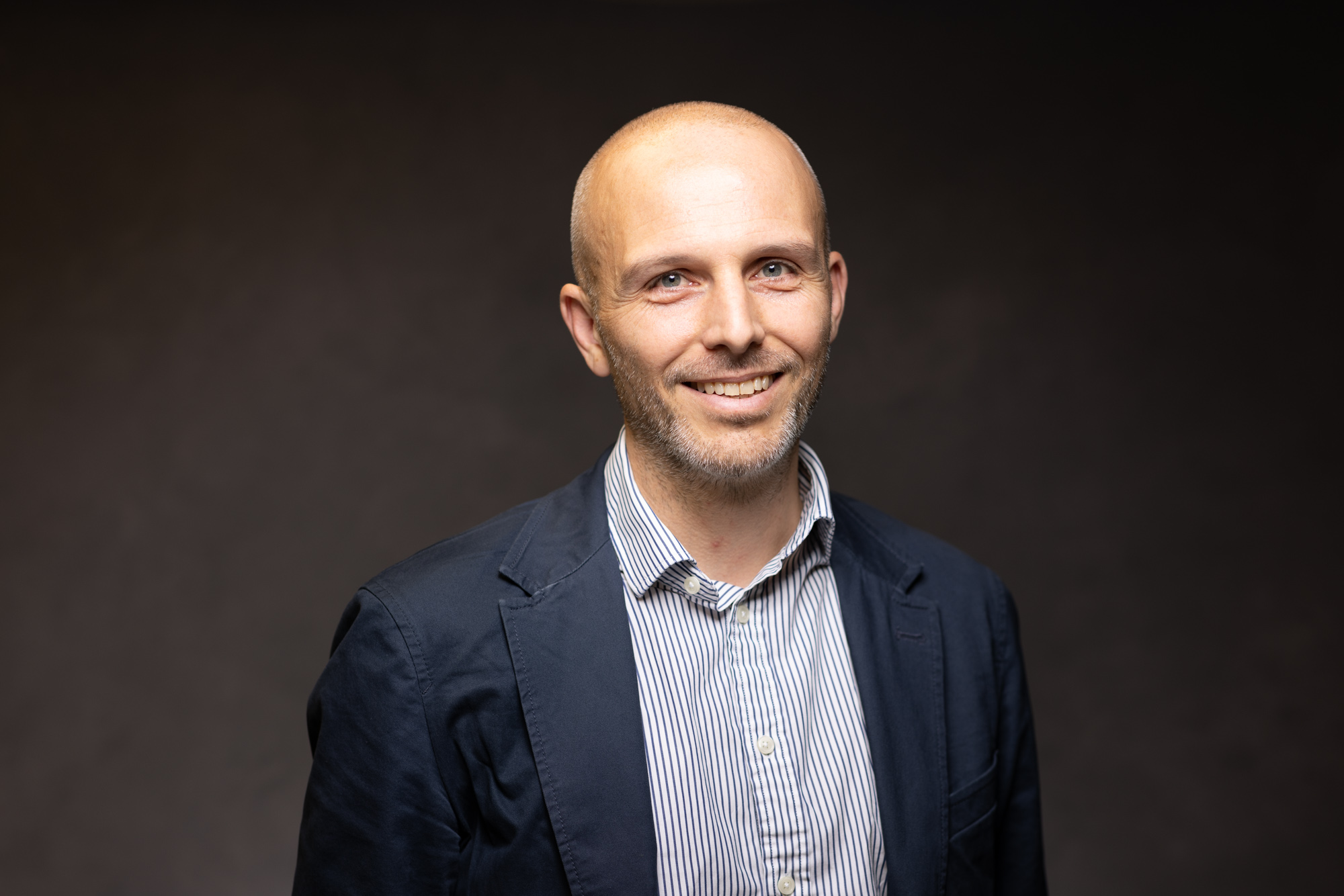Thursday 5 January 2023
Revisiting our COP27 experience – how will nuclear impact the climate agenda from 2023?
Last year, we took part in the 27th Conference of the Parties (COP27), including two events on Energy Day (15 November) at Sharm el Sheikh International Congress Center, Egypt.
Speaking in the United Nations (UN) managed Blue Zone where negotiations are hosted, the first session saw James Murphy, NNL’s Chief Strategy Officer, participate in a UK Small Modular Reactor (SMR) panel discussion in the UK Pavilion – this examined how the UK is providing an environment where the nuclear sector could support carbon neutrality across the whole energy system.
In addition, NNL hosted an event at the International Atomic Energy Agency (IAEA) COP27 Atoms4Climate Pavilion covering the ‘Global National Laboratories Integrated Energy Systems Collaboration’, which was moderated by James. During the session NNL’s Director of Science and Technology, Dr Paul Nevitt discussed the impact paper which we collaborated on with other leading global laboratories.
We took the opportunity to gather their reflections to start the new year– what’s next for our sector to tackle climate change?

During your morning panel session in the UK Pavilion, you mentioned that UK policy is in favour of bringing forward advanced nuclear. What more do you think needs to be done to achieve our path to net zero successfully?
James: The question to achieve net zero is massive. In terms of Advanced Nuclear Technologies (ANTs), they are broadly the same for any bit of nuclear, which is that nuclear is a game of nations – deployment of ANTs is enabled and catalysed by the state. Government can continue to give clarity and certainty to its direction of travel, so that investment in nuclear can be made, addressing the barriers it can clear to make it more likely that ANTs succeed.
This includes investing in sovereign capability or making the regulatory environment better enabled to support this. It’s about confidence, signalling that it’s serious. At present, loads of innovation is happening across the private sector and national labs (including NNL) are here to aid that… but ultimately government needs to recognise its role as the creator of the advanced nuclear market.
In the afternoon, you chaired our event on Integrated Energy Systems with national labs from around the world, in the International Atomic Energy Agency (IAEA) COP27 Atoms4Climate Pavilion, what message came out most clearly?
James: Several messages came out of that session, the organisations that were on that very panel were from other national labs around the world, and not all of them were nuclear! The National Renewable Energy Laboratory (NREL) in the US is an example of that, and yet the balance of nuclear and renewable power is going to make up most of the energy systems of the future.
So, leveraging each other’s talent, experience and knowledge is crucial because we fundamentally all have the same shared goal, which is to deeply decarbonise our energy systems to address climate change. When we fail to speak across boundaries and sectors outside our own, we miss that. The nuclear industry does a good job at talking to itself, but it needs to stop doing that and reach out to expand its audience. There is a huge opportunity with NNL to collaborate with other labs and not just nuclear ones, to help businesses and government understand what an integrated energy system of the future looks like and what the technology might be.
We know you are passionate about sustainability, so how did this experience enhance that and were there any key takeaways?
James: We are facing a climate emergency, and failure to address it will result in terrible living conditions for many people across the world and do severe damage to our eco-systems and our way of life. Attending COP27 didn’t change that but what it did do was make me recognise just how complex sustainability as an issue is – when you turn one corner, there is another issue hidden underneath the progress.
Again, cross sectoral dialogue needs to be applied here and we need to do a lot more of that to broaden the conversation to cross-interest groups. The opportunity for NNL in all of this is to play that catalyst role, to enable the conversation to push the sustainability agenda forward. There is lots to learn from each other, so soaking that up is key to deliver the outcome we want to collectively see.

We heard a lot about how electricity cannot do everything in your panel discussion – what were your observations on that?
Paul: As we move to decarbonise globally, it is recognised that electrification is a key element of this. We should electrify what we can and decarbonise the production of electricity. However, there are sections of, for example, industry and transport that electrification is not a viable path. For these areas we need to go beyond electricity as part of an integrated energy system. This is an area we are focusing on within the Global National Laboratories Integrated Energy Systems collaboration and formed part of our impactpaper published at COP27.
Were there any other panel sessions outside our own that you attended. If so, what made the biggest impression on you?
Paul: COP27 brings together the world leading experts and policy makers working on climate and sustainability, being absorbed in this for three days was brilliant. It was a privilege to be able to attend sessions with John Kerry (U.S. Special Presidential Envoy for Climate) and Simon Stiell (UN Climate Change Executive Secretary), hearing directly up close from these leading figures really demonstrates the focus and level of negotiation at COP27.
I also attended a number of sessions focussed on the voice of the youth movement around the world, this really hits home hearing policy makers being held to account and being challenged by those that will be the custodians of our planet in 2050 and beyond. Finally, this event had ‘loss and damage’ at the heart of discussions; attending sessions held by countries currently experiencing the impacts of climate change was a sobering experience – hearing directly from the Prime Minister of Western Somoa, Afioga Fiamē Naomi Mataʻafa, in a session of 20 people, for example, is something that will stay with me. An energising and thought provoking three days!
The recommendations in the impact paper are really thought-provoking, what’s next for NNL to take those forward?
Paul: We will continue to work with our international national laboratory collaborators to drive forward the actions in the impact paper. We have a workshop planned in London during January 2023 – one year on from our Energy Summit – to bring all the laboratories together to accelerate activities by identifying collaboratively how working together will move us forward faster. It is brilliant to be working in partnership with nuclear and non-nuclear laboratories, as this will have real influence to achieve our mutual objectives.
If you missed our panel sessions on Energy Day, watch them again here
You can also read more about our involvement, including the impact paper in full on our COP27 page
